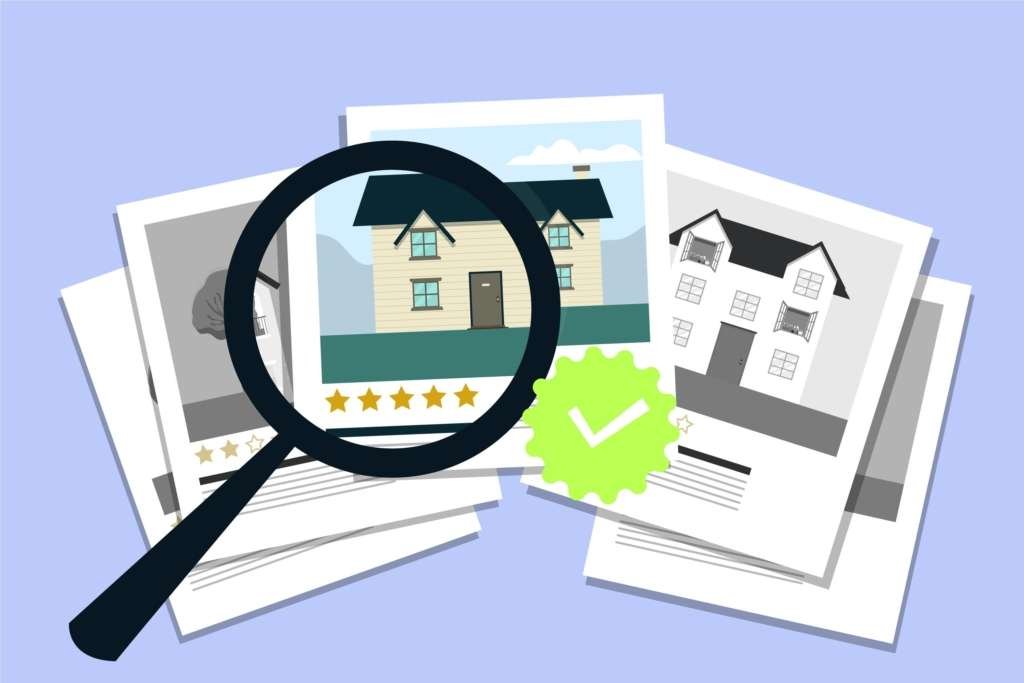
When considering buying a new home, it is essential to understand the importance of a home inspection. A home inspection can provide valuable insight into the condition of the home, including potential problems and necessary repairs. In this article, we will discuss the importance of a home inspection before buying and what to expect during the process.
What is a Home Inspection?
A home inspection is a comprehensive assessment of a property’s condition, including its structure, plumbing, electrical systems, and more. It is typically conducted by a licensed home inspector and involves a visual examination of the home’s interior and exterior, including the roof, walls, foundation, and other components. A home inspection can help identify any issues or deficiencies that may affect the home’s value, safety, and livability.
Why is a Home Inspection Important?
A home inspection is important for several reasons. First, it can provide valuable information about the home’s condition, which can help buyers make informed decisions about whether to proceed with the purchase. Second, a home inspection can identify any potential safety hazards, such as electrical or plumbing issues, that could pose a risk to the occupants. Third, a home inspection can help buyers negotiate with the seller for necessary repairs or a lower purchase price.
What to Expect During a Home Inspection
During a home inspection, the inspector will evaluate the home’s condition and identify any issues or deficiencies. The inspection typically takes 2-3 hours to complete, depending on the size and complexity of the home. The inspector will examine the following areas:
Exterior
The inspector will examine the exterior of the home, including the roof, gutters, chimney, siding, and foundation. They will look for any signs of damage or wear, such as cracks, leaks, or missing shingles.
Interior
The inspector will evaluate the interior of the home, including the walls, ceilings, floors, and windows. They will look for any signs of damage, such as cracks or water stains.
Plumbing
The inspector will examine the plumbing system, including the water heater, pipes, and fixtures. They will look for any leaks, corrosion, or other issues.
Electrical
The inspector will evaluate the electrical system, including the wiring, outlets, and circuit breaker. They will look for any safety hazards, such as exposed wires or overloaded circuits.
HVAC
The inspector will examine the heating, ventilation, and air conditioning (HVAC) system. They will look for any issues, such as dirty filters or malfunctioning components.
Sell or Rent Home In Bangalore
How to Choose a Home Inspector
When choosing a home inspector, it is important to select someone who is licensed and experienced. Look for an inspector who is a member of a professional organization, such as the American Society of Home Inspectors (ASHI) or the International Association of Certified Home Inspectors (InterNACHI). Ask for references and check online reviews to ensure you select a reputable inspector.
Conclusion:
In conclusion, a home inspection is a crucial step in the home buying process. It can provide valuable information about the home’s condition, safety, and value, helping buyers make informed decisions about whether to proceed with the purchase. By choosing a licensed and experienced home inspector, buyers can ensure a thorough evaluation of the property, identifying any potential issues or deficiencies.
FAQs:
- How much does a home inspection cost?
A: The cost of a home inspection varies depending on the size and complexity of the home. On average, a home inspection costs between $300 and $500. - Do I need to be present during the inspection?
A: While it is not required, it is recommended that buyers be present during the inspection. This allows them to ask questions and gain a better understanding of the home’s condition. - Will the inspector fix any issues they find during the inspection?
A: No, the inspector’s role is to evaluate the home’s condition and identify any issues or deficiencies. It is the buyer’s responsibility to negotiate with the seller for necessary repairs or a lower purchase price. - How long does a home inspection take?
A: A home inspection typically takes 2-3 hours to complete, depending on the size and complexity of the home. - Can a home inspection be waived?
A: While it is possible to waive a home inspection, it is generally not recommended. A home inspection provides valuable information about the home’s condition and can help buyers avoid costly repairs or safety hazards.

Join The Discussion